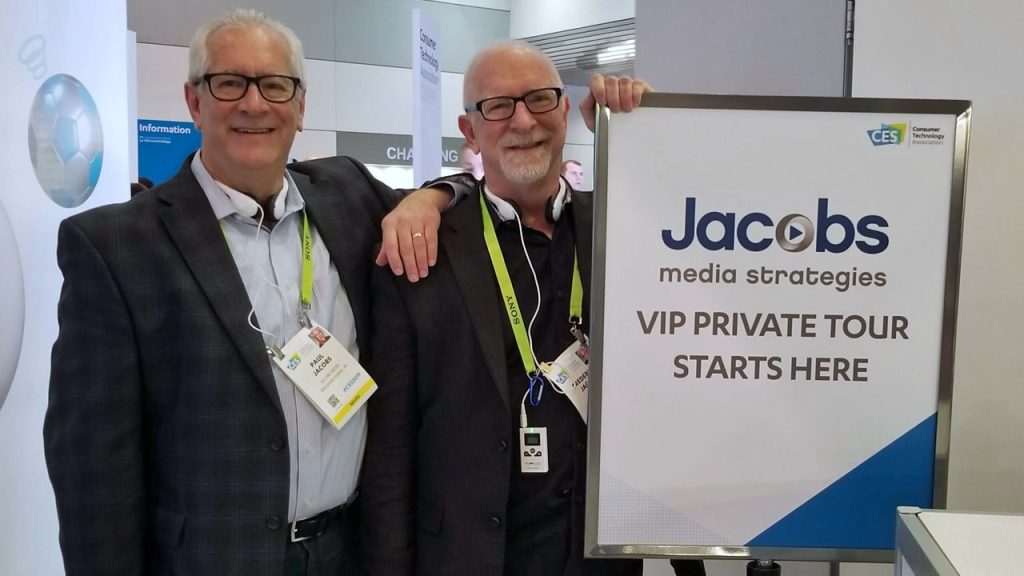
Fred Jacobs announced he has Parkinson’s in the same way he’s announced everything of consequence across a long, inventive career: plainly, without preamble, no tease for a later reveal after five minutes of spots for sports betting apps or cryptocurrency. It was Fred at his best, direct, unvarnished, and unwilling to pretend that candor requires theatrics. The news landed with the familiarity of a mentor once again pointing to the heart of the matter: here’s what you need to know, here’s what I’m doing about it.
It was the same pedagogy he once used to teach young broadcasters the intricacies of tape and turntables. Here’s a splicing block, a razor blade, and a Moody Blues track, see if you can make it better. A lesson in craft disguised as a challenge in curiosity. Fred, after all, has always been animated by the tension between data and instinct, by the question of how a well-placed song, a novel sequence of sounds, could hold a listener for just a little longer.
He came of age in Detroit at a moment when progressive radio was a messy, fertile experiment, a laboratory disguised as a marketplace. The city was large enough to matter, but still porous enough that a DJ with conviction could elevate a local B-side into national phenomenon. From this improvisational chaos Fred distilled order, birthing the Classic Rock format. Its endurance is proof of his insight: the Super Bowl commercial scored with Led Zeppelin riffs, the teenager who can recite Aerosmith lyrics decades after release, the playlists that still map our cultural memory.
And yet Fred has never succumbed to nostalgia. He understood earlier than most that formats calcify, that what is “unique” in one decade becomes the background noise of the next. His daily missives to the industry were reminders that the business was never about quarterly cash flow, but about human connection. The best jocks weren’t commodities; they were friends in the ether, their voices tying the day together as surely as the verses in any hit single. When consolidation stripped those voices in favor of balance sheets, Fred noted, gently but firmly, that something essential was being lost.
He adapted. He founded a consultancy with his brothers, brought his flock to CES to imagine the future, and made a practice of asking questions that nudged the industry past its blind spots. He was not content merely to observe; he wanted to see.
So, it is no surprise that his confrontation with Parkinson’s is framed not as tragedy, but as another invitation to engage. First, name the fear. Second, gather every shard of knowledge about it. Third, reinvent. Parkinson’s, in this light, is not an end to curiosity but a new context for it.
Fred has long argued that profit and ratings are effects, not causes. The cause is value, what can be created, added, shared today, and how it might expand tomorrow. That belief has been his quiet mantra, animating both the stations he shaped and the people he mentored. His disclosure, delivered with characteristic candor, is simply another iteration of that same philosophy: authenticity first, because that is where trust lives.
In this, Fred remains the quintessential broadcaster, not just a curator of music, but a model for how to live with honesty and imagination. Perhaps the most important lesson he teaches is not about splicing tape, not about audience research, not even about Classic Rock. It is this:
Confront change, with all its peril and possibility. Speaking it aloud, and then imagine what treasures can yet be created.

